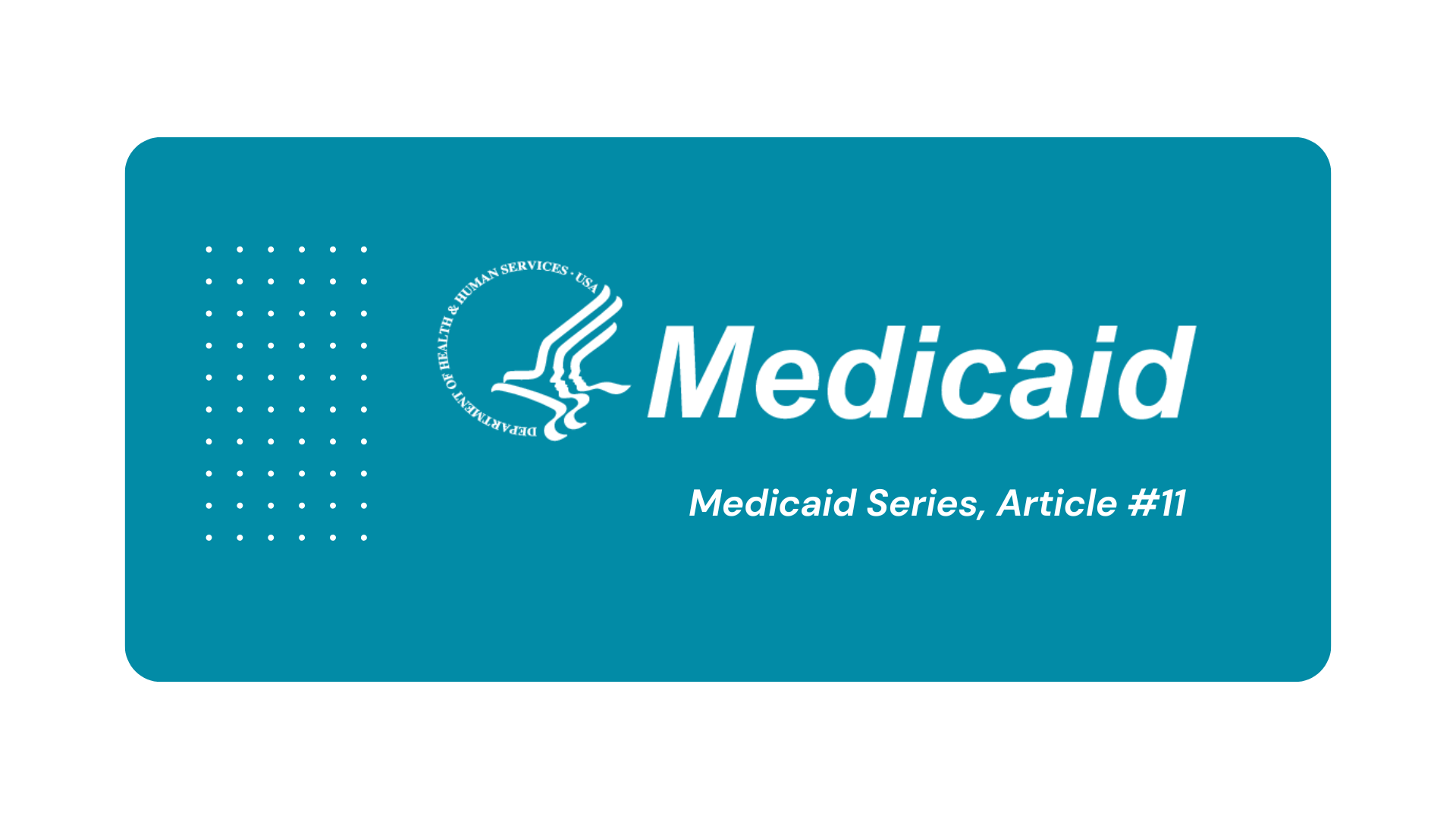Is Medicaid Free?

Medicaid is a vital resource for millions of Americans, providing access to healthcare services that might otherwise be unaffordable. For those in need of behavioral health services—such as therapy, counseling, or treatment for mental health and substance use disorders—it can be a lifeline. But is Medicaid free? The answer depends on your individual circumstances and the state you live in.
What Is Medicaid?
Medicaid is a state and federally funded program that offers health coverage to eligible low-income individuals, families, children, pregnant women, seniors, and people with disabilities. Its scope includes behavioral health care, often covering therapy, psychiatric services, substance use treatment, and medications.
What Does Medicaid Cost?
For most beneficiaries, Medicaid feels “free” because it typically covers comprehensive services at little to no out-of-pocket cost. Many Medicaid recipients do not have to pay monthly premiums, deductibles, or copayments, which makes it an accessible option for behavioral health care. However, there are exceptions:
- Nominal Costs: Some states require small copayments or premiums, often ranging from $1 to $20 per service.
- Medicaid Expansion Programs: States that expanded Medicaid under the Affordable Care Act (ACA) may have slightly different cost structures, such as modest premiums or cost-sharing for individuals with higher incomes within the eligibility range.
Behavioral Health Services Covered by Medicaid
Medicaid provides robust behavioral health coverage, ensuring access to essential services like:
- Individual, Group, and Family Therapy
- Crisis Intervention and Stabilization Services
- Medication Management and Psychiatric Evaluations
- Substance Use Treatment Programs
- Case Management and Care Coordination
For many recipients, these services are available with no out-of-pocket cost, making Medicaid an indispensable support system for those managing mental health conditions.
Challenges and Considerations
While Medicaid’s behavioral health coverage is generous, challenges remain:
- Provider Availability: Some therapists and clinics do not accept Medicaid due to lower reimbursement rates, making it harder for beneficiaries to find providers.
- State Variations: Coverage and costs vary by state, which can affect what services are available and how much, if anything, recipients must pay.
Medicaid may not always be completely “free,” but for most behavioral health recipients, it offers an affordable pathway to essential care. Whether you’re navigating anxiety, depression, trauma, or substance use issues, Medicaid ensures that financial barriers do not stand in the way of accessing help.
If you’re considering Medicaid for behavioral health services, check with your state’s Medicaid office or a trusted provider to understand your specific costs and coverage options. Your mental health is worth it, and Medicaid can help make care accessible.

